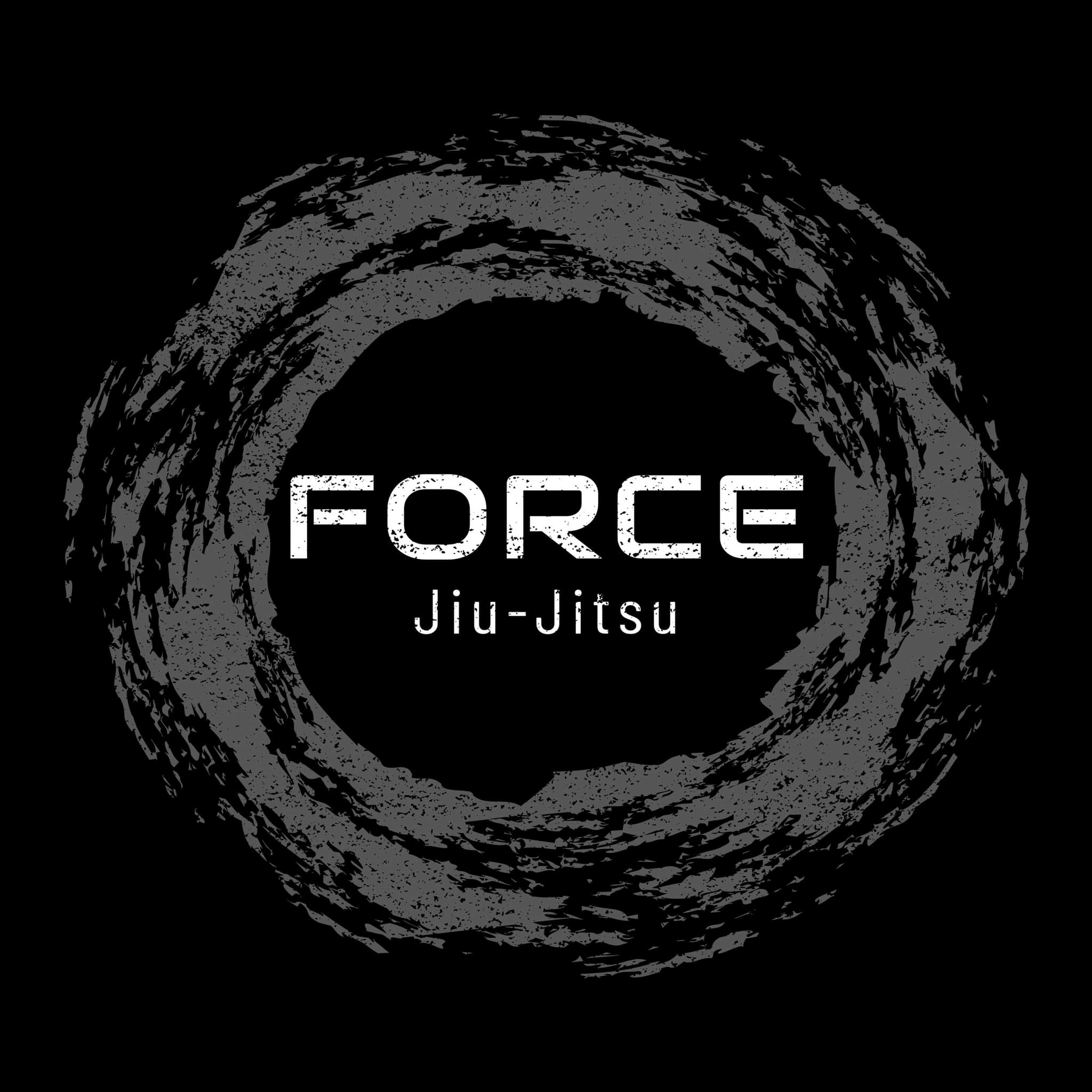Fueling Success
- Wyatt Montgomery

- Dec 27, 2023
- 2 min read
A Structured Guide: Nutrition Plan for Brazilian Jiu-Jitsu Athletes

1) Assessing Individual Needs
Before diving into a nutrition plan, it's crucial to recognize that each athlete is unique. Factors such as age, weight, training intensity, and goals all play a role in determining nutritional requirements. Here's how you can assess individual needs:
Body Composition:
Start by understanding your body composition. This can be done through measurements, such as body fat percentage, to determine whether your focus should be on losing, maintaining, or gaining weight.
Training Goals:
Identify your specific training goals. Are you looking to compete, improve endurance, or build strength? Tailor your nutrition plan to align with these objectives.
Training Intensity:
Consider the intensity and frequency of your BJJ sessions. High-intensity training requires more energy, so adjustments may be needed on training days versus rest days.
2) Macro and Micro Nutrients
Now that you have a better understanding of individual needs, let's delve into the essential components of a BJJ-specific nutrition plan:
Macronutrients:
Proteins: Crucial for muscle repair and growth. Include lean protein sources like chicken, fish, eggs, and plant-based options.
Carbohydrates: Provide energy for training. Go for complex carbs such as whole grains, fruits, and vegetables.
Fats: Healthy fats support hormone production. Incorporate sources like avocados, nuts, and olive oil.
Micronutrients:
Ensure an adequate intake of vitamins and minerals through a varied diet.
Consider supplements if needed, such as vitamin D for bone health or omega-3 fatty acids for joint support.
3) Hydration
Proper hydration is often underestimated but is crucial for performance and recovery. Develop a hydration plan that considers factors like sweat rate, climate, and training intensity.
4) Meal Timing
Pre-training:
Consume a balanced meal 2-3 hours before training, emphasizing carbs and protein.
Include a smaller snack 30-60 minutes before training, focusing on easily digestible carbohydrates.
Post-training:
Prioritize a post-training meal rich in protein and carbs to support recovery.
Consider a protein shake for quick replenishment.
Monitoring and Adjusting
Regularly assess your nutrition plan and make adjustments based on performance, energy levels, and changes in training intensity or goals.
By creating a structured nutrition plan tailored to your individual needs, you can optimize your performance on the mats and enhance your overall well-being. Remember, consistency is key, and finding the right balance may take some experimentation. Fuel your body wisely, and let your dedication to both training and nutrition propel you toward success in Brazilian Jiu-Jitsu! Come join us at Force Jiu-Jitsu for a intro class!
Comments